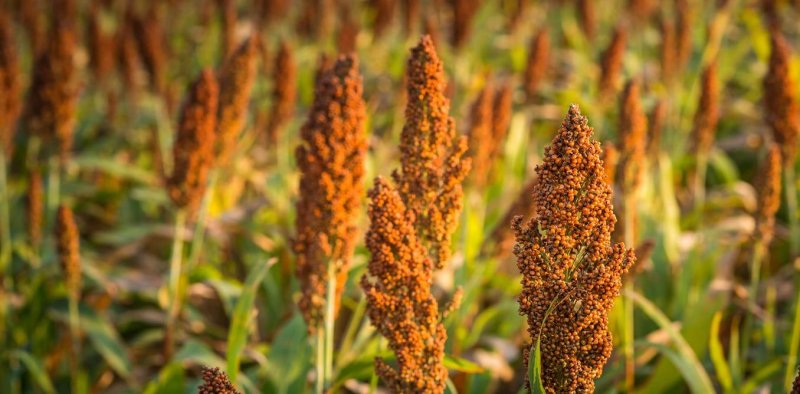Plant domestication, the theory runs, comprises a long history during which humans select traits advantageous to farming practice. Qualities such as seed size, nutritional content, climatic resilience and reproductive reliability ideally become concentrated, resulting in a comparatively small number of widely cultivated plants.
Research by a team of archaeologists and archaeo-botanists, however, has found that these cultivated qualities have not always been viewed as priorities. Indeed, in uncovering the practices of early societies that occupied “the middle ground between farming and foraging”, the scientists discovered that the plant species most encouraged to grow exhibited “traits that overlap a considerable degree with traits that are characteristic of plants now considered as weeds”.
…
For these pre-agricultural societies, the name of the game in securing cereals was cultivation without domestication. Preferred plants were encouraged to grow in areas near settlement points. To achieve this, invasive behaviour was a boon. In today’s language, plants that spread like weeds were very good things indeed.
…
The research, published in the journal Nature Plants, provides the first evidence of sophisticated plant management in the Saharan region during this period.
Read full, original post: Ancient societies deliberately cultivated weeds































